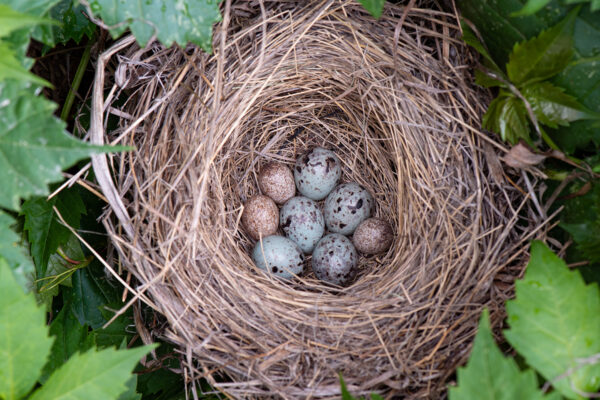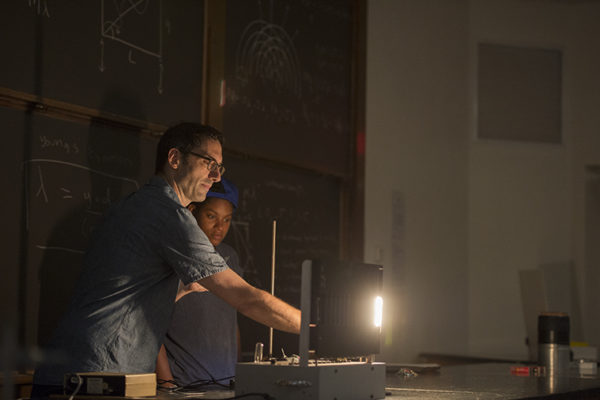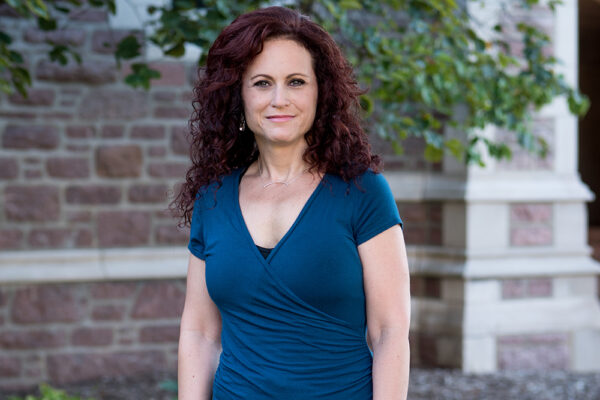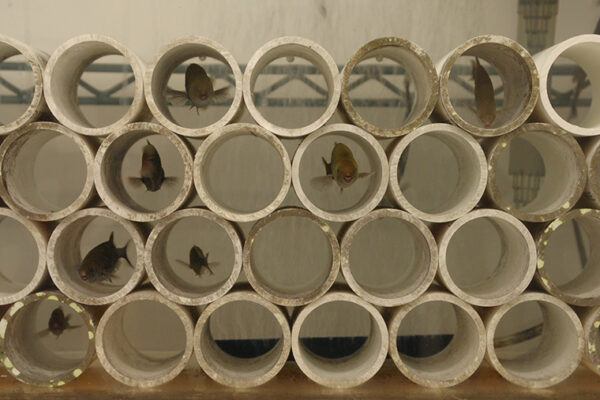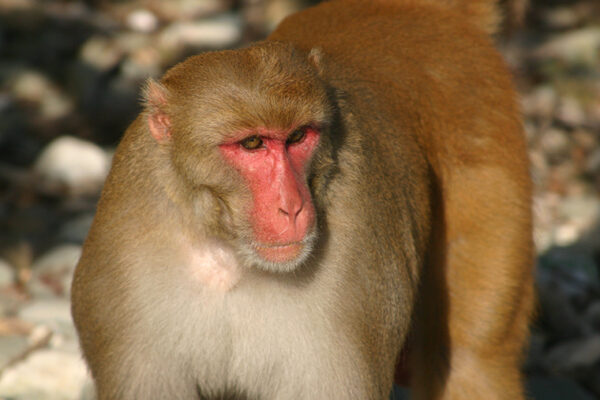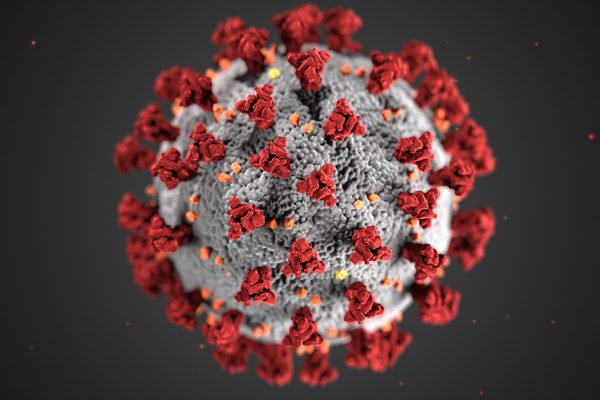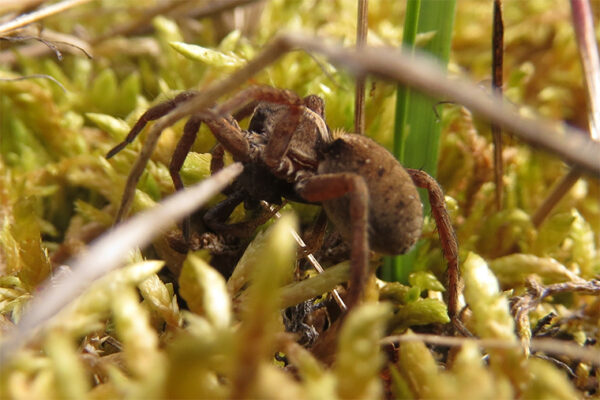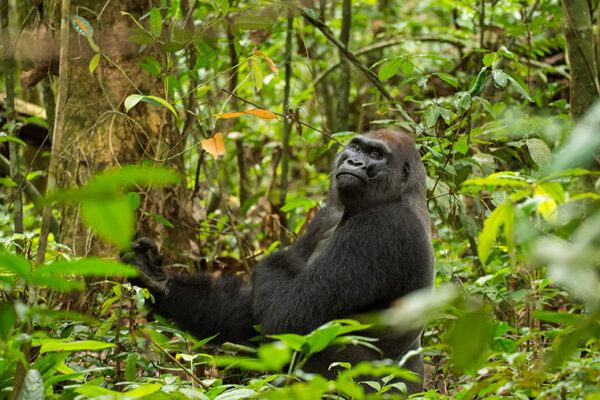Loomis wins American Chemical Society’s 2020 Saint Louis Award
Richard Loomis, professor of chemistry in Arts & Sciences at Washington University in St. Louis, won the American Chemical Society’s 2020 Saint Louis Section Award.
Meet the hedge fund managers of avian world
Carlos Botero, assistant professor of biology in Arts & Sciences at Washington University in St. Louis, finds that parasitic birds living in more variable and unpredictable habitats tend to hedge their bets by laying eggs in the nests of a greater variety and number of hosts. The study is published Aug. 21 in Nature Communications.
Henriksen lands CAREER grant to chase electron effects
The behavior of electrons determines the fundamental properties of any material, such as its ability to conduct electricity. Erik Henriksen, assistant professor of physics in Arts & Sciences, takes advantage of strange-but-true qualities of graphene to search for correlated motion of electrons.
Lester’s book on eating disorders wins Victor Turner Prize
Rebecca J. Lester, professor of sociocultural anthropology in Arts & Sciences at Washington University in St. Louis, won a 2020 Victor Turner Prize in Ethnographic Writing for her book, “Famished: Eating Disorders and Failed Care in America.”
Zeroing out their own zap
African fish called mormyrids communicate using pulses of electricity. New research from biologists in Arts & Sciences shows that a time-shifted signal in the brain helps the fish to ignore their own pulse. This skill has co-evolved with large and rapid changes in these signals across species.
Storing energy in red bricks
Red bricks — some of the world’s cheapest and most familiar building materials — can be converted into energy storage units that can be charged to hold electricity, like a battery, according to new research from chemists in Arts & Sciences.
Monkeying around: Study finds older primates father far fewer babies
Older male rhesus monkeys sire fewer offspring. Sperm quality or quantity, or the survival of infants, may decline with the age of the would-be father, a new study from biological anthropologist Krista Milich in Arts & Sciences suggests.
Students tackle anthropology of COVID-19
Undergraduates in the class “Anthropology of Infectious Diseases” in Arts & Sciences presented their findings during a remote symposium held April 22. The event was the last gathering for students in a course that became far more consequential than anyone could have predicted.
Wolf spiders may turn to cannibalism in a warming Arctic
A study by biologist Amanda Koltz in Arts & Sciences at Washington University in St. Louis suggests that as female wolf spiders become larger and produce more offspring, competition among them increases — triggering higher rates of cannibalism and reducing the number of young spiders that survive to adulthood.
Close encounters in the forest: western lowland gorillas
New research led by anthropologists at Washington University in St. Louis shows that encounters between gorilla groups were much more frequent, and that they had more varied social exchanges than expected. The effort is part of a long-term collaboration with the Congolese government and Wildlife Conservation Society that is changing perspectives on gorilla behavior, ecology and health.
View More Stories

